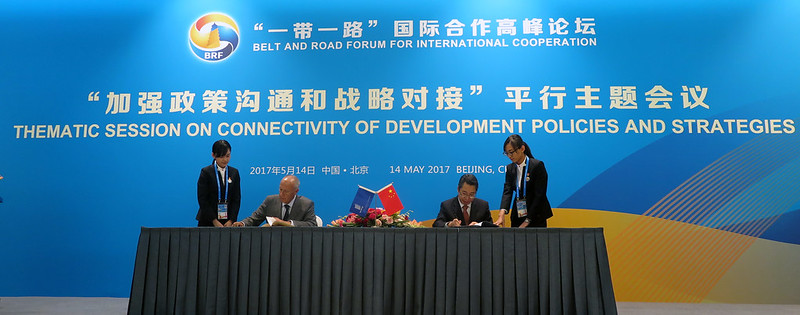Source (Google maps) Sovereignty is a key concept within international relations. It is commonly used in the real world – it is enshrined within the workings of international institutions and has been a contested concept within the Brexit discourse and Chinese foreign policy. Sovereignty is also very common in International Relations discipline. It is aContinue reading “China’s notion of sovereignty – 独立自主”
Category Archives: China
Who has a greater impact in formulating BRI – leadership or bureaucracies?
Source (World Intellectual Property) This blog post argues that bureaucracies have a greater impact in foreign policy formulation when applied to the case study of China’s flagship Belt and Road initiative (hereafter known as BRI), with Xi’s increasing centralisation of foreign policy making power not directly applying to BRI formulation. Instead, Xi and the NRDC’sContinue reading “Who has a greater impact in formulating BRI – leadership or bureaucracies?”
Is China socialised in western norms and practices through its engagement with international institutions?
Source: ILO Written by James Lo Since Deng’s decision to open up and engage with the international community in 1978, China has increased their interactions with international institutions. Over the past two decades, scholars such as Johnston and Schweller have argued that China can be socialised through their engagements with international institutions and be integratedContinue reading “Is China socialised in western norms and practices through its engagement with international institutions?”
China, Socialisation and the Legitimacy of Environmental Foreign Policy
Image Source Written by James Lo China’s environmental foreign policy can be split in two stages. From 1980s to early 2000s, socialisation occurred through the interactions between China and international regimes such as the United Nations Framework Convention on Climate Change (UNFCCC). However, post 2009, China’s environmental foreign policy was orientated around the idea ofContinue reading “China, Socialisation and the Legitimacy of Environmental Foreign Policy”



